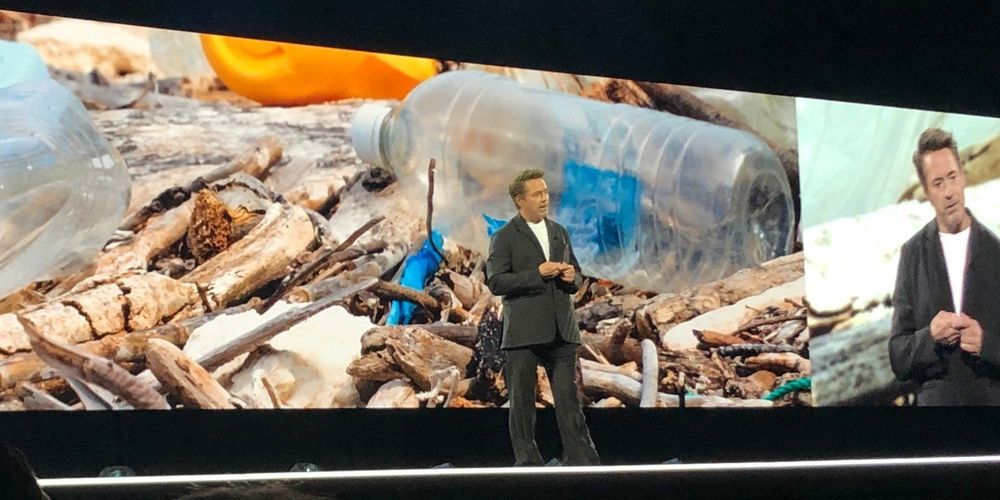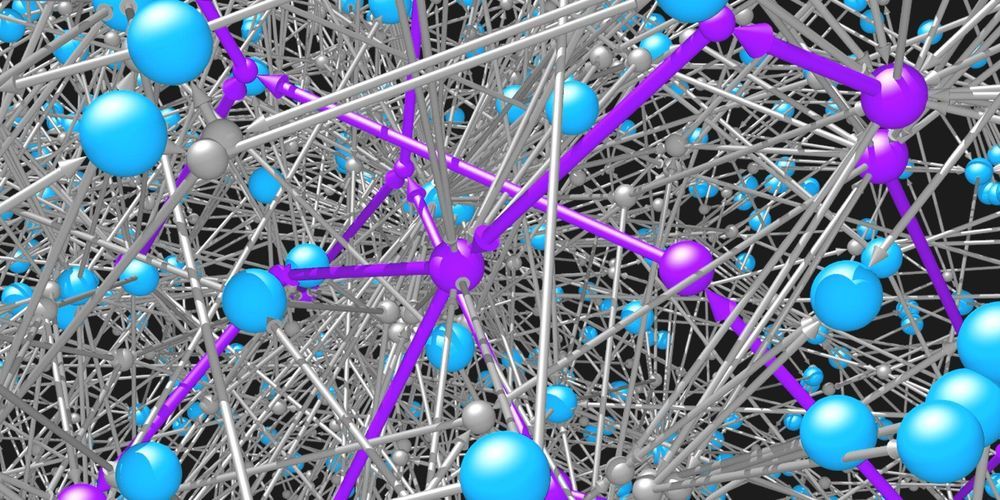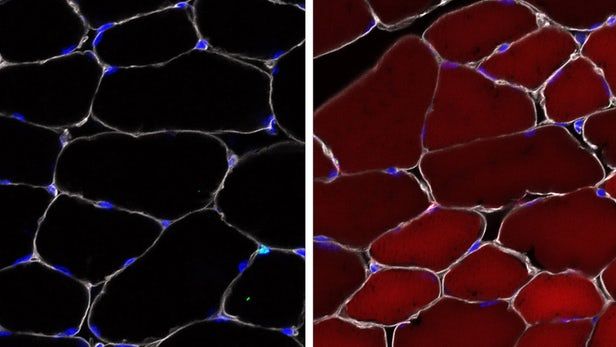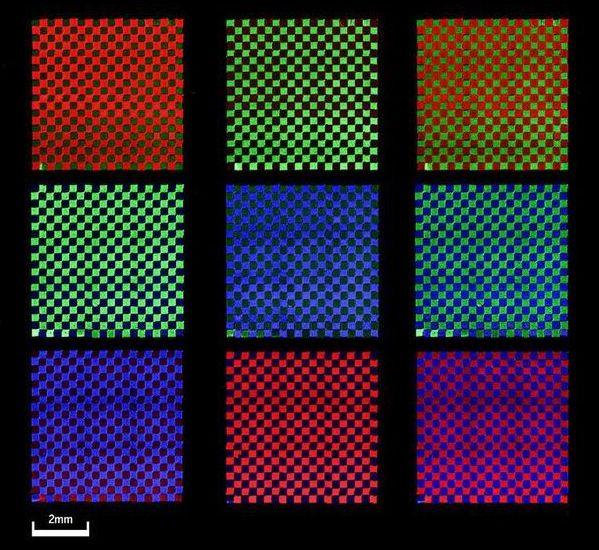Researchers, from biochemists to material scientists, have long relied on the rich variety of organic molecules to solve pressing challenges. Some molecules may be useful in treating diseases, others for lighting our digital displays, still others for pigments, paints, and plastics. The unique properties of each molecule are determined by its structure—that is, by the connectivity of its constituent atoms. Once a promising structure is identified, there remains the difficult task of making the targeted molecule through a sequence of chemical reactions. But which ones?
Organic chemists generally work backwards from the target molecule to the starting materials using a process called retrosynthetic analysis. During this process, the chemist faces a series of complex and inter-related decisions. For instance, of the tens of thousands of different chemical reactions, which one should you choose to create the target molecule? Once that decision is made, you may find yourself with multiple reactant molecules needed for the reaction. If these molecules are not available to purchase, then how do you select the appropriate reactions to produce them? Intelligently choosing what to do at each step of this process is critical in navigating the huge number of possible paths.
Researchers at Columbia Engineering have developed a new technique based on reinforcement learning that trains a neural network model to correctly select the “best” reaction at each step of the retrosynthetic process. This form of AI provides a framework for researchers to design chemical syntheses that optimize user specified objectives such synthesis cost, safety, and sustainability. The new approach, published May 31 by ACS Central Science, is more successful (by ~60%) than existing strategies for solving this challenging search problem.
Read more








